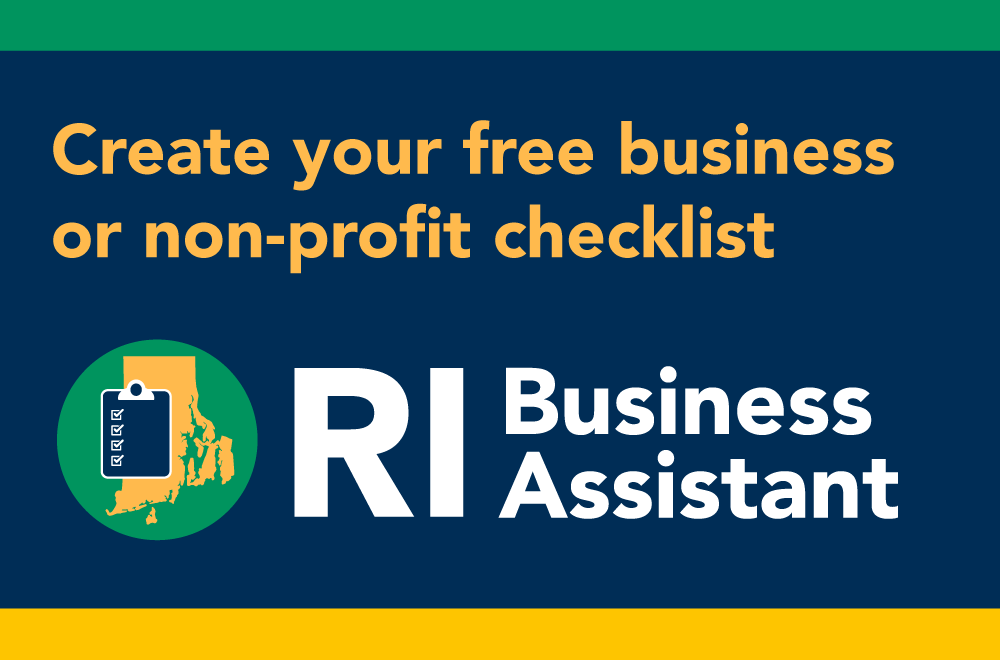Non-Profit Basics
A non-profit corporation benefits its members and the public rather than private individuals. Starting a non-profit business requires good planning and an understanding of important non-profit basics. This multi-step process can feel overwhelming when you’re on your own, but we’ll try to make it easier to stay organized and on track. We encourage you to review the non-profit basics below before using the Business Assistant.
Leer en españolStarting a non-profit corporation takes preparation. In addition to writing a great business plan, there are important legal requirements to consider.
Learn how to plan for your non-profit’s success.
First impressions matter. Your name should be unique, simple and unforgettable.
Check to see if your name is available and learn how to protect it.
Non-profit corporations can apply to become tax exempt by the Internal Revenue Service (IRS) and/or the state.
There are two possible business structures available for non-profit organizations in Rhode Island.
It is important for you to have a clear understanding of the basic fees associated with starting and maintaining your non-profit.
Some non-profit activities require additional licensing or permits. For example, if you are opening a soup kitchen, an animal shelter, or a retail shop, you may need a special permit.
Are you planning to hire employees? As an employer, you need to know all the labor regulations and payroll taxes required at the local, state, and federal levels.
Each city or town has zoning laws defining where and what type of business you can legally operate. Your non-profit corporation may be subject to these laws.
Did you know? There are rules and regulations governing how Rhode Island non-profit corporations can fundraise.
Ready to get started?
 Start Business Assistant
Start Business Assistant
Does your non-profit provide services (such as home nursing care) that require additional licensing? The Business Assistant will help you create a personalized checklist of relevant licenses, regulations, and fees.
DISCLAIMER
The content on this website is offered as a public service and should not be used as a substitute for legal, financial or tax advice from an attorney or a certified public accountant.
